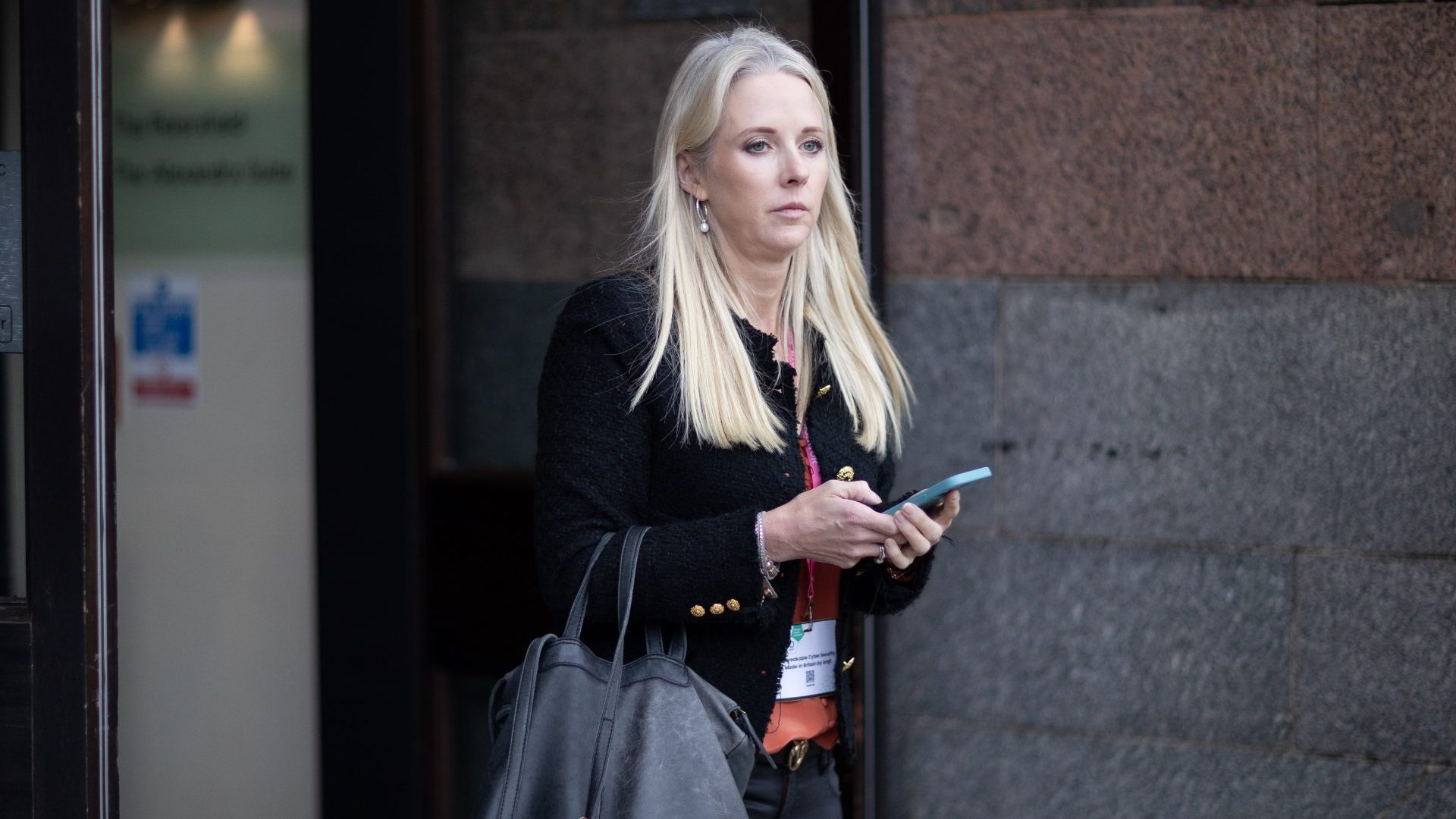A moment’s thought, please, for Isabel Oakeshott, who has done herself a mischief while doing the entirely normal thing for a 50-year-old of riding an e-scooter in a baseball cap.
The Talk correspondent, partner of Reform deputy leader Richard Tice and resident of Dubai, was in Israel “to learn more about war and how it might eventually end”. Then, as she was cruising along Tel Aviv’s beach promenade at 15mph, the wind whipped her cap off and she ended up in trouble.
“Perhaps I hit a bump as I turned to look at my disappearing hat, or just somehow lost my balance,” she wrote in the Daily Telegraph. “Either way, I flew over the handlebars, landing hard. While my jaw and chin hit the pavement, the rest of me smacked onto the scooter’s jack-knifed chassis.
“And so it was that I found myself at the Sylvan Adams Emergency Hospital, a state-of-the-art facility designed to deal with casualties of war. When air raid sirens sound and locals take cover in bomb shelters, doctors and nurses at this hospital continue their work underground. It is all set up for electricity blackouts and flying missiles.”
And guess what Oakeshott’s very brief (“By 10pm I was back in my hotel room… I had been at the hospital for less than two hours”) experience of Israel’s healthcare system taught her? Yes – that she’d been right all along about how terrible the NHS is!
Oakeshott is the co-author, along with former Tory deputy chair Michael Ashcroft, of Life Support, a 480-page romp through the NHS’s failings, and happily her 120 minutes in a Tel Aviv hospital was enough to confirm all her prejudices.
“The accident shifted my focus onto Israel’s widely admired healthcare system,” she writes. “The contrast with the NHS was too glaring to ignore… Based on mandatory health insurance with not-for-profit providers, Israel’s health system is means-tested but universal, ensuring even the poorest citizens are covered.”
Are they, though? A 2023 study by the Israel National Institute for Health Policy Research found that more than one million Israelis – 12 per cent of the entire population – had to forgo medical services in 2021 or 2022 because they couldn’t afford the contributions despite being insured. The rates were especially high among women, the poor and people with chronic illnesses.
35 per cent said they gave up on doing medical tests or treatments through the health maintenance organisations because of long wait times. Of those, 51 per cent resorted to private medicine, which is even more expensive.
And earlier this year, writers of a report by the Taub Centre for Social Policy Studies were critical of the investment into the country’s health services. In 2023, Israel’s per capita current health expenditure, in terms of purchasing power parity, was lower than that of most OECD countries. This expenditure has since decreased by a further 0.9% in the past two years, with only South Korea, Portugal, Greece, Chile, and Mexico ranking lower in health spending.
Prof Nadav Davidovitch, who heads Ben-Gurion University of the Negev’s School of Public Health and who co-led the study, compared Israel’s healthcare system to an Eastern European folktale of a workhorse. “The owner is happy the horse works so hard, so he gradually reduces the horse’s food, and then he’s so happy that the horse continues to work,” he said. “Until, finally, the horse is dead.”
Even Oakeshott saw the problems with her comparison of two healthcare systems, fleetingly conceding that “Israel is a fraction of the size of the UK, with very different demographics”. But no matter – she may have gone to learn more about war, but left with a replacement for the NHS.
Incidentally, she was treated by “a cheerful Polish surgeon with excellent English”. Her allies didn’t seem so keen on these when campaigning for the hardest possible Brexit!










